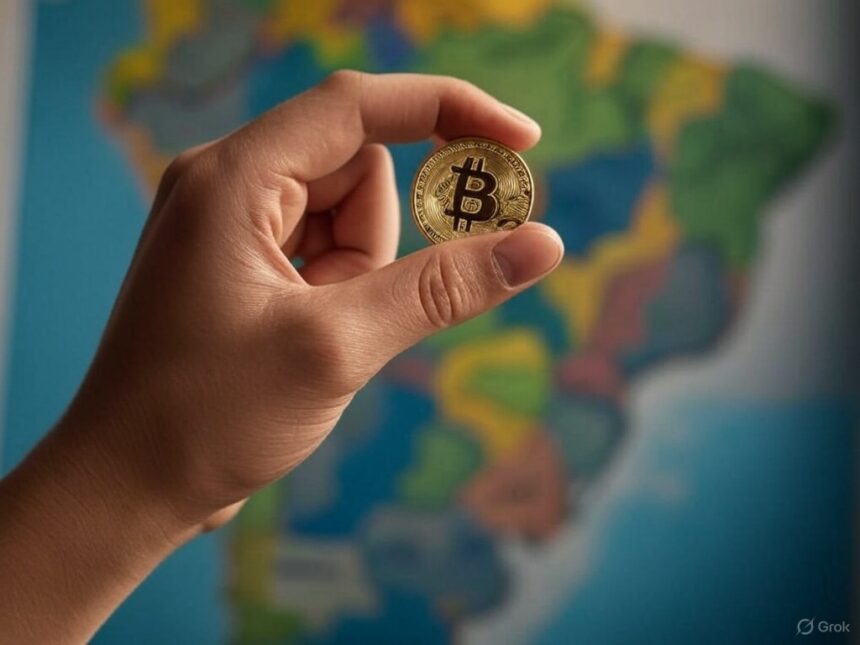The Brazilian Central Bank (BCB) has issued new resolutions (519, 520, and 521) to regulate Bitcoin and cryptocurrency exchanges. These regulations, which will come into force on February 2, 2026, mandate licensing, asset segregation and trade restrictions in line with Law 14,478, which has been in force for the industry since 2022.
Regulators have imposed strict requirements on virtual asset service providers (PSAVs). These platforms are equivalent to Exchanges or brokers must be licensed. Similar to those held by banks, they will be able to operate within Brazilian territory.
Brazil’s central bank said the resolutions were the “result of extensive public consultations” since 2023, with “input from market institutions, associations and international experts.” BCB added in an official statement that the movement seeks to avoid regulatory arbitration and seek “greater efficiency and legal security.”
Existing companies will have to adapt their operations in accordance with regulations. Otherwise, Must close shop in Brazil and return funds to customers. Foreign platforms, on the other hand, have 270 days to adapt to the rules or have to stop serving domestic investors.
Resolution 519 addresses the provision of services and extends financial regulation to virtual currency service providers. This includes customer protection, anti-money laundering and governance requirements.
Meanwhile, Resolution 520 establishes licensing rules for PSAVs, mandates the separation of corporate financial resources, and prohibits credit and self-leverage.
Meanwhile, Resolution 521 integrates virtual currencies into exchange markets and defines transactions as currencies. On top of that, Set limits on international remittances in crypto currency USD 100,000 for PSAV without direct authorization and USD 500,000 for banks. Information on foreign exchange and foreign capital transactions will be mandatory from May 4, 2026.
This regulatory tightening in Brazil comes at a time when the Bitcoin and cryptocurrency sector is booming. For example, in this country, OranjeBTC emerged as the company with the largest Bitcoin reserves in Latin America, shaking up the ecosystem, as CriptoNoticias reported in September 2025.
In the midst of the same frenzy, a debate was brought to Congress about whether Bitcoin should be approved as a reserve fund for the government. However, this initiative did not receive BCB approval. BCB aims to strengthen its strong legal framework as domestic digital assets continue to expand.
(Tag Translation) Brazil


